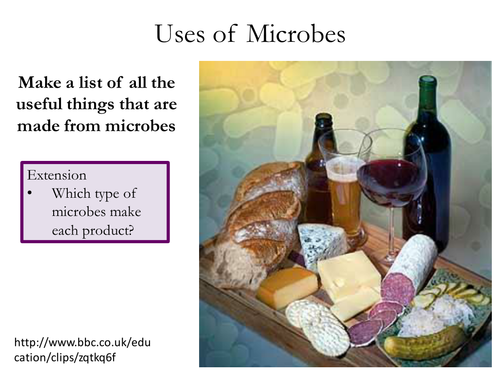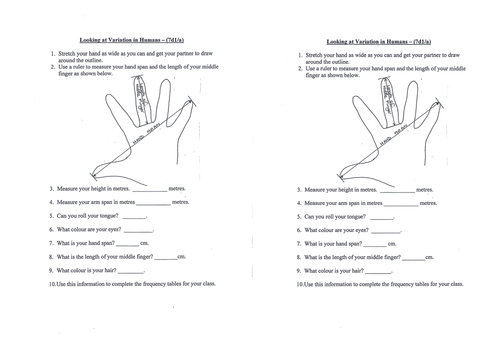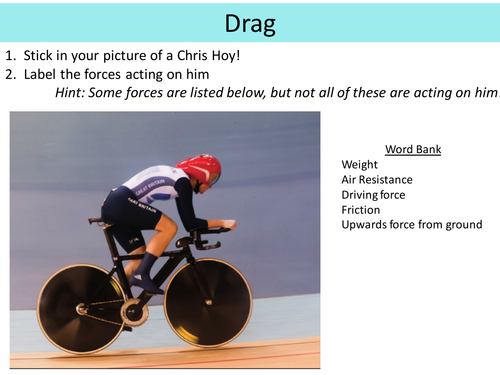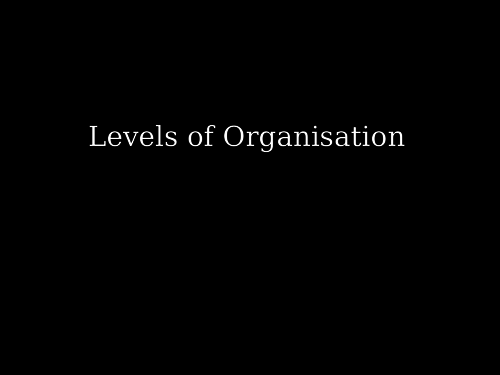
43Uploads
13k+Views
2k+Downloads
All resources

Uses of Microbes
Designed for the Year 8 Unicellular Organisms topic (8D). Students learn about the uses of bacteria and yeast to make food products

Variation
Practical activity in which students measure different traits and record variation within the class using frequency tables. Can then be used to discuss continuous and discontinuous variation and plot the appropriate graphs

Drag
Lesson including practical and assessment questions to teach drag. Real life application, linking drag to Chris Hoy and cycling

Year 8 Movement (8.1 Activate)
Powerpoint covering the first 4 lessons of the activate scheme of work. Worksheets referenced are available from Activate.

BTEC Applied Science Endothelium and Smoking
This covers tissue types and encourages students to research the effect of smoking, to present their findings to their peers.

BTEC Specialised Cells Practical
Having taught about specialsied cells, this lesson asks students to view specialised cells and tissues under microscopes and carry out biological drawings.

Discovering & Developing Drugs
For the new AQA GCSE Specification (B6). Includes video links and practical work to test the effect of caffeine drinks on memory.

B1 Cells Revision Game
Covers most key concepts from the new AQA B1 GCSE Topic of Cells and Transport. Cut each triangle up and students should match each key term with the definition. Creates a hexagon shape once completed

Genetics and Inheritance
Designed for the Activate KS3 SOW. Worksheets referenced can be downloaded from Kerboodle. Contains complete lessons for topic 10.4 Genetics

Protein Export and Secretion Worksheet
A ‘spot the mistake’ activity to test students understanding of protein export. Written for OCR A level but suitable for other exam boards. Student copy and answers included.

10.4.1 Inheritance
Designed for KS3 Activate. QR codes provide information about each one of the 46 chromosomes that make up the human genome. Students use these to research one of their choosing, and make a top trumps card that is used to compare the genes of each chromosome.
This has been successful in helping students to understand the placement of genes on chromosomes and the link between characteristics and genes.

GCSE Biology Calculating Rate Using Tangents
A lesson that goes through rate calculations and tangents in detail. References to worksheets are from Kerboodle.

GCSE Biology Homeostasis and Control Systems
An introduction to the mechanisms of control systems, with a table of exam questions to challenge students to apply their knowledge

GCSE Biology 16.1 Communities, Biotic and Abiotic Factors
A lesson that asks students to apply their understanding of interdependence to ecosystems, identifying biotic and abiotic within them

GCSE Biology B5 Transmission of Pathogens and Non-Specific Human Defences
This lesson covers the transmission of pathogens and non-specific defences. Page references refer to the Kerboodle textbook.

Cloning Cauliflower
A lesson linking stem cells to cloning plants. Practical instructions are shared on the PPT.

10.3.3 Extinction
Complete lesson in which students work in groups to reseach endangered species to understand factors that cause extinction. Contains instructions for group research, peer assessment feedback sheet, plenary and homework tasks.
Designed for KS3 Activate

OCR A Level Natural Selection
This is a complete lesson which involves:
Exam question starter to review Evolutionary Trees
Introduction to Darwin & Wallace
Discussion of the observations used which lead to their theories
Model exam answer
Student answers to mark / analyse
Oracy task to practice use of the model answer
Exam questions for students to perfect their own answers
Extension activity to show students how theories of modern day natural selection are investigated




















